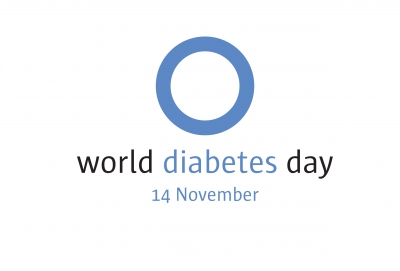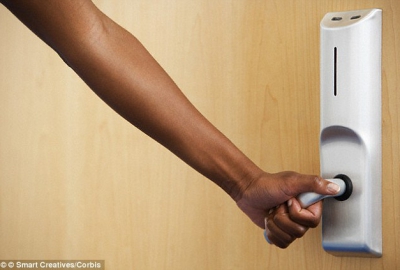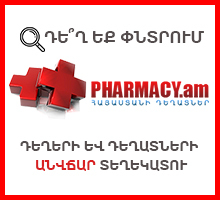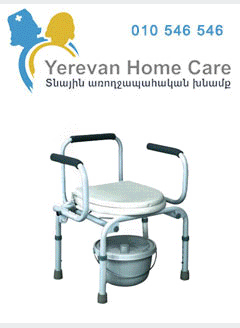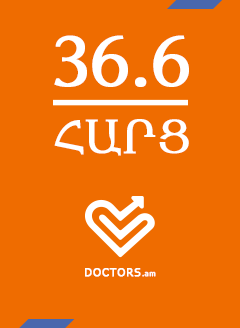Acupuncture could ease an extremely common side effect of breast cancer treatment, a new study suggests.
Researcher from the University of Pennsylvania Perelman School of Medicine found that acupuncture seems to decrease symptoms of arthralgia -- or joint pain -- from taking aromatase inhibitors. The findings are published in the European Journal of Cancer.
"This study is not the final answer, but it does provide strong evidence that acupuncture can play a role in controlling pain for breast cancer patients with AI related arthralgia," study researcher Dr. Jun Mao, M.D., MSCE, who is an associate professor of Family Medicine and Community Health at the university, said in a statement. "We saw a significant reduction in pain levels in the acupuncture groups with only very mild, short-term adverse effects."
Past research has suggested that 50 percent of people taking aromatase inhibitors experience joint pain, and as many as 20 percent of people taking the drugs will stop treatment due to the pain.
Sixty-seven early breast cancer patients, who were all taking an aromatase inhibitor medication, participated in the study. All of them had reported joint pain as a result of the treatment, and the pain was experienced for at least three months at a pain level of at least 4 out of 11. (Researchers chose this specific pain level because past research suggested discontinuation of this medication is more common among people with pain levels of 4 or higher.)
The study participants were broken up into three groups. The first group got electro-acupuncture, which involved receiving 10 acupuncture treatments over a 10-week period; the second group got sham acupuncture, where they received the same number of "treatments," but the needles weren't real (they retracted back when put into the skin, similar to a stage dagger); the third group was the control group who didn't get acupuncture (but, for purposes of the study, were told they'd get the acupuncture treatments at a later date). All of the study participants continued their treatment with the aromatase inhibitors during the study.
After the eight weeks, people who received the electro-acupuncture had a 43 percent decrease in their pain from before they started the study. And people who received acupuncture, versus those who were in the control group, were more likely to report "much improved" or "very much improved" pain.
However, researchers noted that those in the sham acupuncture group also experienced decreases in pain after the study period. They noted that sham acupuncture is not a true placebo because it still causes a physical sensation, so more studies will be needed to really examine its effects.
The findings follow a 2010 study in the Journal of Clinical Oncology and conducted by NewYork-Presbyterian Hospital/Columbia University Medical Center researchers, which showed that acupuncture seemed to improve joint pain and stiffness associated with aromatase inhibitor therapy.
Acupuncture has been shown in other research to help with other side effects of cancer treatments, too. A small Acupuncture in Medicine study showed that it helped decrease nerve pain caused by certain cancer drugs. Another study, presented at a 2008 meeting of the American Society for Therapeutic Radiology and Oncology, showed that acupuncture could decrease excessive sweating, night sweats and hot flashes among breast cancer patients.











